Introduction
Owning a home is a dream for many, but it’s important to understand the financial responsibilities that come with it. From mortgage payments to maintenance costs, there are several factors to consider when budgeting for homeownership. In this comprehensive guide, we will explore the various costs associated with owning a home, providing you with valuable insights and tips to manage your expenses effectively.
- Mortgage Payments
One of the most significant costs of owning a home is the monthly mortgage payment. This payment includes both the principal amount borrowed and the interest charged by the lender. The size of your mortgage payment depends on several factors, including the loan amount, interest rate, and repayment term. It’s crucial to thoroughly research and compare mortgage options to secure the most favorable terms.
Choosing the Right Mortgage
When selecting a mortgage, there are various options to consider:
- Fixed-Rate Mortgages: These mortgages offer a stable interest rate throughout the loan term, providing predictability and ease of budgeting.
- Adjustable-Rate Mortgages (ARM): ARMs have an initial fixed-rate period, after which the interest rate adjusts periodically based on market conditions.
- Government-Backed Mortgages: Programs such as FHA loans (Federal Housing Administration) and VA loans (Veterans Affairs) offer favorable terms for eligible borrowers.
- Interest-Only Mortgages: With interest-only mortgages, borrowers pay only the interest for a specified period, after which the principal must be repaid.
It’s essential to carefully analyze your financial situation and consult with a mortgage professional to determine the best mortgage option for your needs.
- Property Taxes
Property taxes are imposed by local governments to fund public services such as schools, roads, and emergency services. The amount you pay in property taxes is typically based on the assessed value of your home. Property tax rates vary by location, so it’s important to research the tax rates in your area before purchasing a home.
Assessments and Appeals
Property tax assessments are conducted periodically to determine the value of your home for tax purposes. If you believe your home’s assessed value is inaccurate, you have the right to appeal the assessment. This process involves providing evidence to support your claim and presenting it to the appropriate tax authority.
- Homeowners Insurance
Homeowners insurance is a crucial expense that protects your home and belongings from unforeseen events such as fire, theft, or natural disasters. The cost of insurance can vary based on factors like the location, size, and age of your home, as well as your coverage needs.
Types of Coverage
When purchasing homeowners insurance, consider the following types of coverage:
- Dwelling Coverage: This covers the repair or replacement costs if your home is damaged or destroyed.
- Personal Property Coverage: This protects your belongings, including furniture, appliances, and personal items.
- Liability Coverage: Liability coverage provides financial protection if someone is injured on your property and sues you.
- Additional Living Expenses Coverage: If your home becomes uninhabitable due to a covered event, this coverage helps with temporary living expenses.
Compare insurance policies from different providers to find the best coverage at a competitive price.
- Home Maintenance and Repairs
Owning a home also means taking care of regular maintenance and repairs. From routine tasks like cleaning gutters to major repairs such as fixing a leaking roof, these costs can add up over time. It’s important to budget for ongoing maintenance to keep your home in good condition and avoid more significant issues down the line.
Creating a Maintenance Fund
To prepare for maintenance and repairs, consider setting up a separate savings account dedicated to home-related expenses. Contribute to this fund regularly, even if you don’t have any immediate repair needs. Having a financial cushion will help you handle unexpected costs without straining your budget.
- Utilities
Utilities, such as electricity, gas, water, and sewer services, are ongoing expenses that homeowners must budget for. The cost of utilities can vary depending on factors like the size of your home, local rates, and your energy consumption habits.
Energy-Efficient Upgrades
To reduce your utility costs, consider making energy-efficient upgrades to your home. This could include installing energy-saving appliances, upgrading insulation, or using smart home technologies to manage energy usage more efficiently.
- Homeowners Association (HOA) Fees
If your property is part of a homeowners association (HOA), you will be responsible for paying HOA fees. These fees contribute to the maintenance and management of shared amenities and common areas, such as swimming pools, landscaping, and security services. The amount of HOA fees can vary widely, so it’s important to understand the fee structure and any restrictions imposed by the HOA before purchasing a home.
- Home Improvement and Renovations
Many homeowners choose to make improvements or renovations to their homes to enhance their comfort and increase property value. Whether it’s remodeling a kitchen, adding a new bathroom, or installing energy-efficient windows, home improvement projects can be a significant expense. Consider your budget and prioritize renovations that provide the most value and return on investment.
- Pest Control
Pest control is an essential aspect of homeownership, as pests can cause damage to your property and compromise your living environment. Regular pest control treatments, such as termite inspections or pest extermination services, should be factored into your budget. Addressing pest issues promptly can help prevent more extensive damage and reduce long-term costs.
- Landscaping and Outdoor Maintenance
Maintaining your home’s exterior and landscaping is an ongoing responsibility for homeowners. Costs associated with landscaping, lawn care, and outdoor maintenance can include hiring professionals, purchasing equipment, and buying plants or gardening supplies. Consider your level of commitment to outdoor upkeep and budget accordingly.
- Home Security
Investing in home security measures is essential to protect your property and ensure the safety of your family. This can include installing security systems, surveillance cameras, and smart locks. While these measures come with upfront costs, they provide peace of mind and may even lower your homeowner’s insurance premiums.
- Home Warranty
A home warranty is a service contract that covers the repair or replacement of major home systems and appliances. While not mandatory, a home warranty can provide financial protection against unexpected breakdowns and save you from costly repair bills. Research different home warranty providers and consider the coverage options and cost-effectiveness for your situation.
- Closing Costs
When purchasing a home, you will encounter closing costs, which are fees associated with finalizing the sale. These costs can include appraisal fees, title search fees, attorney fees, and lender fees. It’s important to budget for closing costs in addition to the down payment and other upfront expenses.
Conclusion
Owning a home brings numerous benefits, but it’s essential to be aware of the associated costs. By understanding and budgeting for expenses like mortgage payments, property taxes, homeowners insurance, maintenance, and utilities, you can manage your finances effectively and enjoy the rewards of homeownership. Remember to research and compare options, prioritize maintenance, and plan for unexpected expenses to ensure a smooth and financially stable homeownership journey.
Note: This article is for informational purposes only and should not be construed as professional advice. It is always recommended to consult with a qualified real estate professional when making significant financial decisions.




